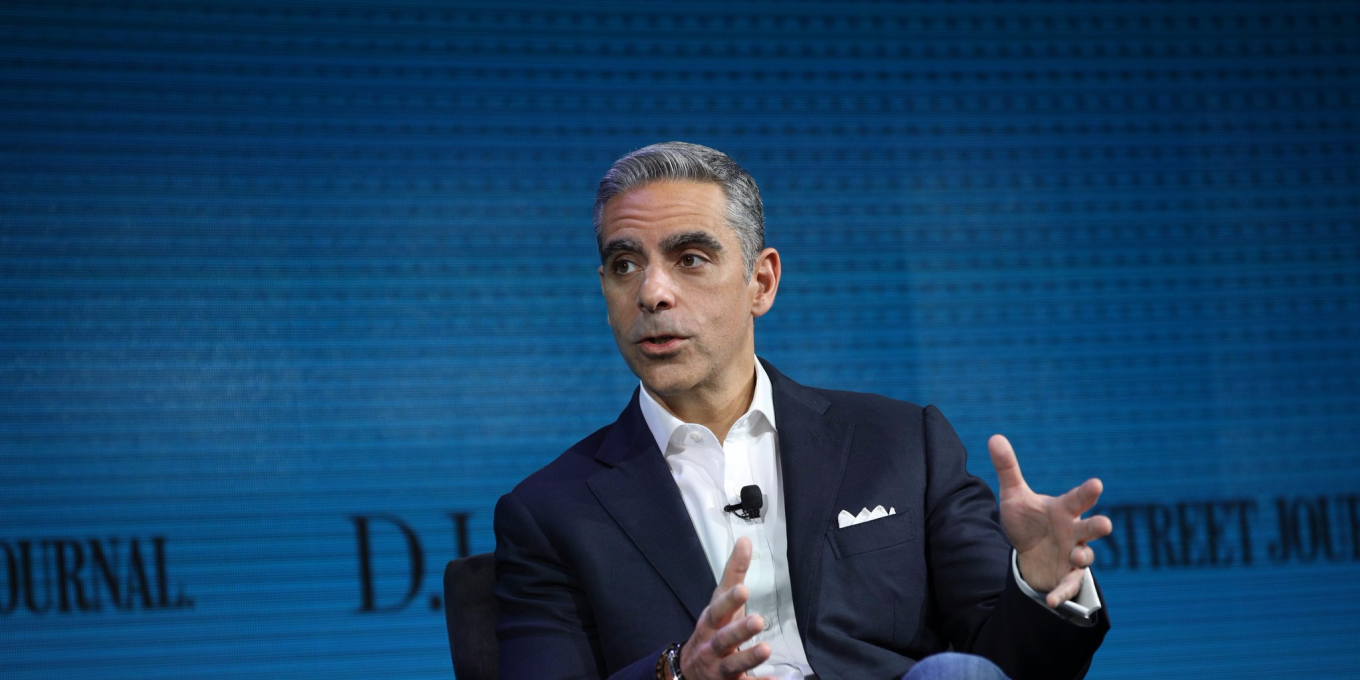
Facebook has made a move that, surely, will not go unnoticed within the crypto-market: The Tech Giant has just announced the end of the ban on ads related to cryptocurrencies, or at least, partially. The decision, made on June 27, comes only six months after it was first introduced. A quirk move for them to do it now as, at the same time, new comments spread out wondering what Facebook really plans with it.
To start with, rumours about a possible Coinbase takeover by Facebook have gained momentum lately. Moreover if one of Coinbase’s board member, David Marcus, has been appointed to lead a new blockchain division within Facebook. Going into detail, in May, David Marcus, who was also leader of the Messenger service, was reported to be the new head of “an exploratory blockchain group” that the social media company had just created. The Messenger ex-leader told Fortune Magazine that he was “setting up a small group to explore how to best leverage Blockchain across Facebook, starting from scratch.”
Coinbase is one of the biggest cyrpto-exchange in the market, offering its services to 13 million users around the globe, and with a revenue of more than one billion dollars last year. The exchange would thus provide a ready to go platform for Zuckerberg’s company. It has also been picked up by The Economist, which in a recent article, praised the possible movement as a great strategic leap for the social platform, as the “lack of an incumbent giant in the crypto space is why major tech firms are joining investors and startups in showing an interest in the industry.”
Likewise, this fact would just reinforce the idea of Facebook’s plans to create its own cryptocurrency. They wouldn’t be newbies on this as they already tried back in 2009 when a currency system called Facebook Credits was released. Facebook Credits were basically digital money, bought with real fiat currency and linked to a user’s Facebook Account. They were more used in-network purchases such as games or apps used within the platform. It didn’t really took off and it was disclosed early on in 2013.

The idea, however, was there, and they have been trying all these years new ways of payment, ways that aim to be faster and easier than normal money, and would be specifically spent in Facebook’s services.
That’s the moment where the Marketplace comes into action. In fact, it would be the perfect scenario for a Facebook’s own cryptocurrency to be deployed. The marketplace collects many of the blockchain’s features. It provides open, trustless (by other users and reviews) and safety conditions among users to make transactions without any type of middleman. Certainly, the perfect place for a brand new -and belonged- cryptocurrency to leverage its potential.
And the last but not least evidence comes where everything began, with Facebook’s decision to partially reverse its ban on crypto adverts. And it is partially as only pre-approved cryptocurrencies ads would be allow to be advertised in the social platform. All other crypto-products such ICOs or binary options would still be banned.
As they said in their blog, “[they]’ll be updating [their] policy to allow ads that promote cryptocurrency and related content from pre-approved advertisers. But [they]’ll continue to prohibit ads that promote binary options and initial coin offerings.”
Going back in time just a few months ago, Facebook declared in a New Ads Policy, that they would be removing ads that pointed out straight away to content related to “prohibited financial products and services”. The rule, although extended to other products, was highly convergent to Initial Coin Offerings, the so-called Binary Options and cryptocurrencies at large.
In the same updated policy, they declared that they have decided to do so as they aim for users to get well informed from “ads without fear of scams or deception.” And they added that “there are many companies who are advertising binary options, ICOs and cryptocurrencies that are not currently operating in good faith.”
The idea was, nonetheless, legit as a recent survey showcased that over 80% of the ICOs are scams, while only an adjusted 8% make it to the exchange market, as proper companies. Anyway, under the same rules, Bitcoin or Ethereum, were equally banned.
It sounds pretty clear that Facebook is planning something that might turn the tides for the cryptocurrency sector. Whether the outcome will be is yet to be seen, although, for now, cryptocurrencies can take a quick-break, a small victory in a very complicated year.

Hernaldo Turrillo is a writer and author specialised in innovation, AI, DLT, SMEs, trading, investing and new trends in technology and business. He has been working for ztudium group since 2017. He is the editor of openbusinesscouncil.org, tradersdna.com, hedgethink.com, and writes regularly for intelligenthq.com, socialmediacouncil.eu. Hernaldo was born in Spain and finally settled in London, United Kingdom, after a few years of personal growth. Hernaldo finished his Journalism bachelor degree in the University of Seville, Spain, and began working as reporter in the newspaper, Europa Sur, writing about Politics and Society. He also worked as community manager and marketing advisor in Los Barrios, Spain. Innovation, technology, politics and economy are his main interests, with special focus on new trends and ethical projects. He enjoys finding himself getting lost in words, explaining what he understands from the world and helping others. Besides a journalist, he is also a thinker and proactive in digital transformation strategies. Knowledge and ideas have no limits.










